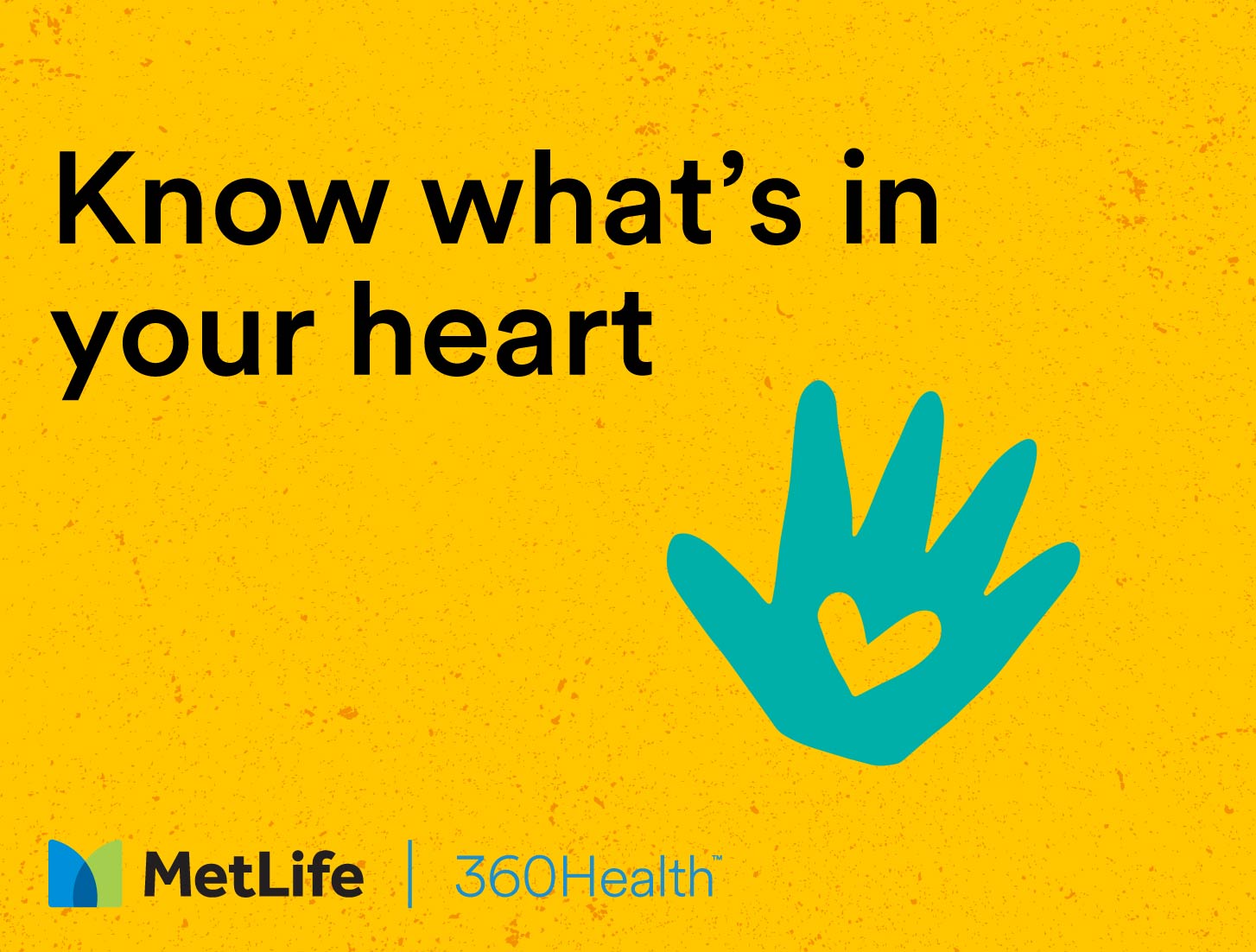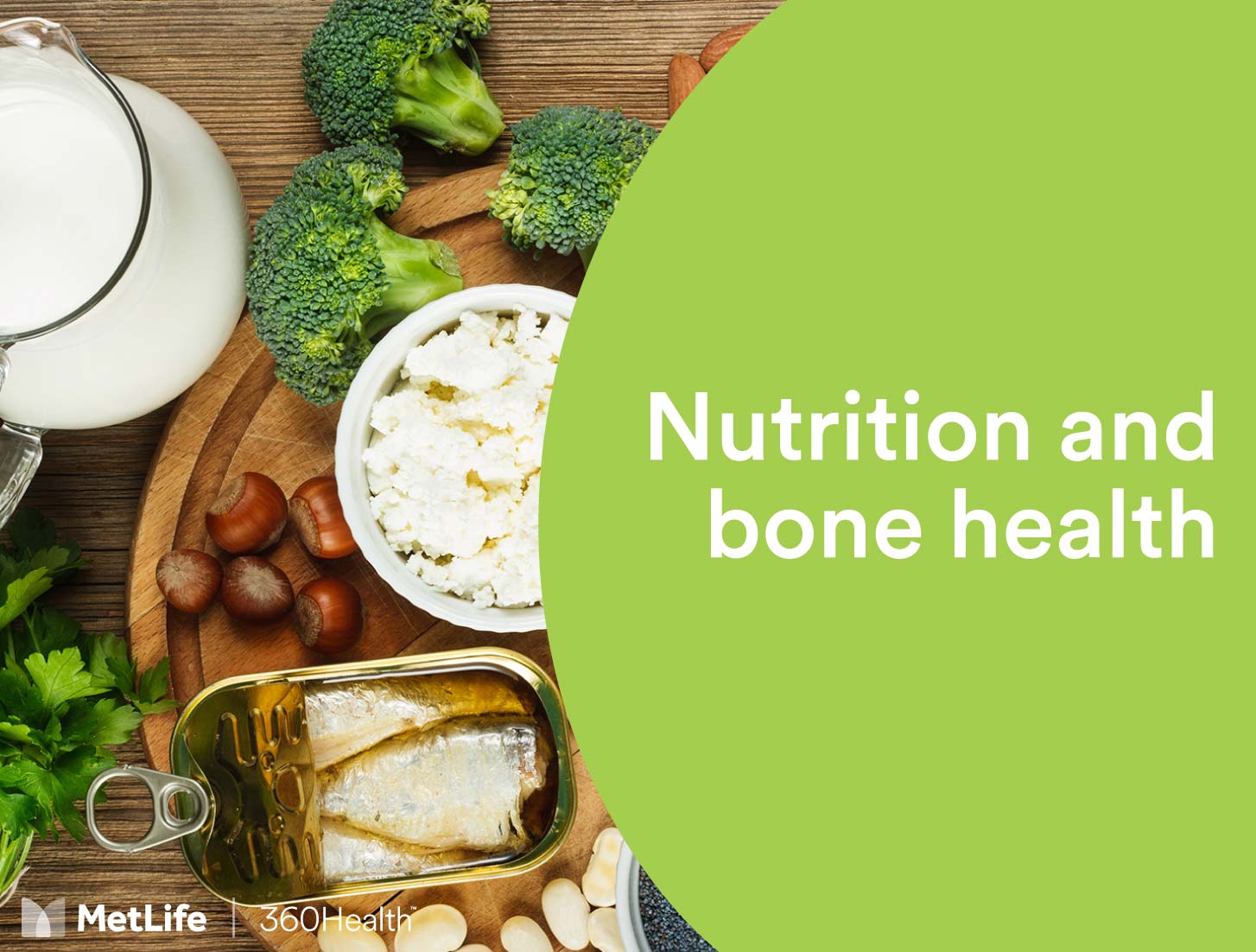Employee COVID-19 FAQs
Your COVID-19 questions answered if your insurance policy was provided by your employer.
General policy information
No, we don’t have any general exclusions in relation to COVID-19. However, we may apply exclusions as a result of our underwriting assessment if you apply for new or increased cover.
Most of our group insurance policies provide worldwide insurance cover 24 hours a day. However, if you’re applying for new or additional insurance, or have applied and had an underwriting assessment in the past, there may be restrictions applied to that cover relating to travel and any government restrictions. Please be aware you need to disclose travel arrangements as part of any application for new or increased cover.
Your COVID-19 vaccination status will not affect your existing group life insurance cover or any claim you make on life insurance you already have.
Claims
Your COVID-19 vaccination status will not affect the claim assessment. All claims are assessed based on the Policy Terms and Conditions applicable to the insurance cover.
Not for COVID-19, as it is not one of the conditions listed for this benefit. However, if the virus results in more severe medical conditions that are covered, and you meet the definition and any other policy terms, you would be eligible to be paid a Crisis Benefit.
Please note: Crisis Benefits are only available for policies held outside of superannuation and applicable to some employer policies only.
You may be eligible to be paid a Nursing Care Benefit if you are disabled and a medical practitioner has certified that you require the full-time care of a registered nurse for 3 or more consecutive days.
Please note: Nursing Care Benefits are only available for policies held outside of superannuation and applicable to some employer policies only.
The current information available suggests most people who contract COVID-19 recover within 14 days and return to their normal activities. The long-term health impacts or complications of COVID-19 remains unclear. If you have long-term permanent health complications resulting from COVID-19, you may be eligible to be paid a TPD benefit.
In many circumstances, COVID-19 runs its normal course in approximately 14 days. Generally, if you are illness and symptom free after 14 days, you will not meet the Waiting Period requirement of your group insurance policy, and a benefit would not be paid. If the virus persists past the nominated Waiting Period and you’re unable to work at full capacity due to COVID-19, you may be eligible to be paid a benefit under your IP policy.
MetLife has an information centre that provides you with more clarity around the claims process, available here.
Applying for new or additional cover
Yes, you may apply for additional cover.
If you have tested positive or suspect you have had COVID-19, and you are asymptomatic (i.e., you have no symptoms), please only apply 14 days after your diagnosis.
If you have tested positive or suspect you have COVID-19 and you are symptomatic, please only apply a minimum of 14 days after your symptoms have fully resolved, including no ongoing respiratory or associated complications, or treatment. We can then assess your application based on the information you provide at that time. Please note, longer periods may apply if you have been hospitalised, experienced symptoms of long-COVID, or have not returned to full work duties.
Yes. Standard policy terms and conditions will continue to apply to new employees, and you can continue to join a MetLife group insurance policy and receive default cover. Please check your Product Disclosure Statement and Policy Document for full details.
Your COVID-19 vaccination status is not used to assess your health risk during our underwriting assessment. However, we will consider your vaccination status when assessing any overseas travel.
Impacts on employment
No, you’re only eligible to be paid a benefit on your GIP cover if you can’t work solely due to suffering from an illness or injury, and you’re still unable to work at the end of the nominated Waiting Period.
No, as long as you meet the usual claim requirements and have an inability to work due to suffering from an illness or injury, and you’re still unable to work at the end of the nominated Waiting Period.
For more information on Waiting Periods, please read about the MetLife Claim Process here. Any minimum work hour requirements will still apply, based on the period prior to any stand down.
Any benefits payable will typically be based on average income for the previous 12 months prior to the date of disablement.
No. As long as you meet the usual claim requirements and have an inability to work due to illness or injury.
If you were stood down as defined under the Fair Work Act you’re considered by MetLife to be on leave without pay. Generally, for super fund members on leave without pay, any benefits would commence at the end of that leave without pay period. If you were stood down under JobKeeper enabling stand down directions, MetLife will disregard this standard condition and will commence benefits at the end of the relevant waiting period. For more information on waiting periods, please read about the MetLife Claim Process here. Any minimum work hour requirements will still apply, based on the period prior to any stand down. Any benefits payable will typically be based on average income for the previous twelve months prior to the date of disablement.
No. If you were eligible to receive the Government’s JobKeeper payments, MetLife will not offset any of these payments from your benefit.
Please note, if you were receiving JobKeeper payments within the 12 months prior to your date of disablement, this may impact our calculation of your income.
Wellbeing articles







